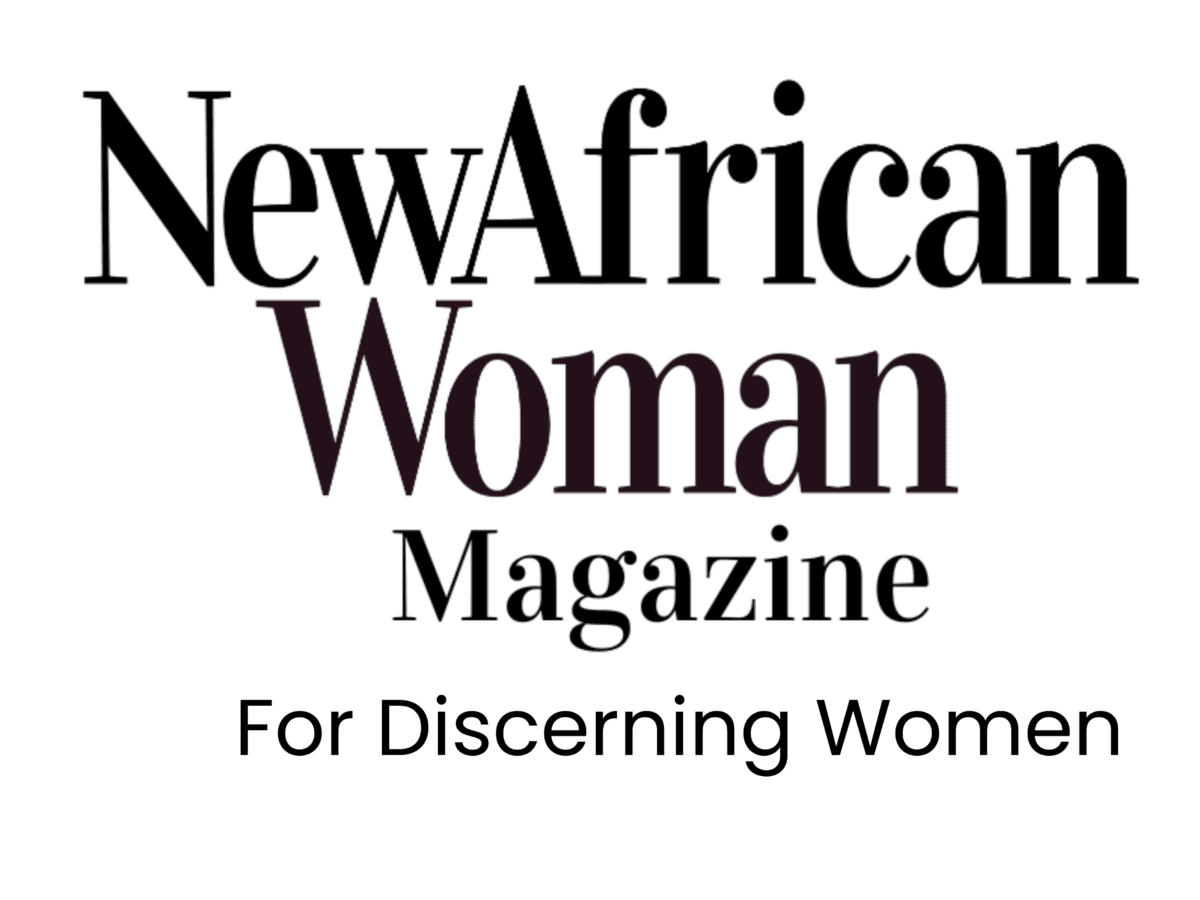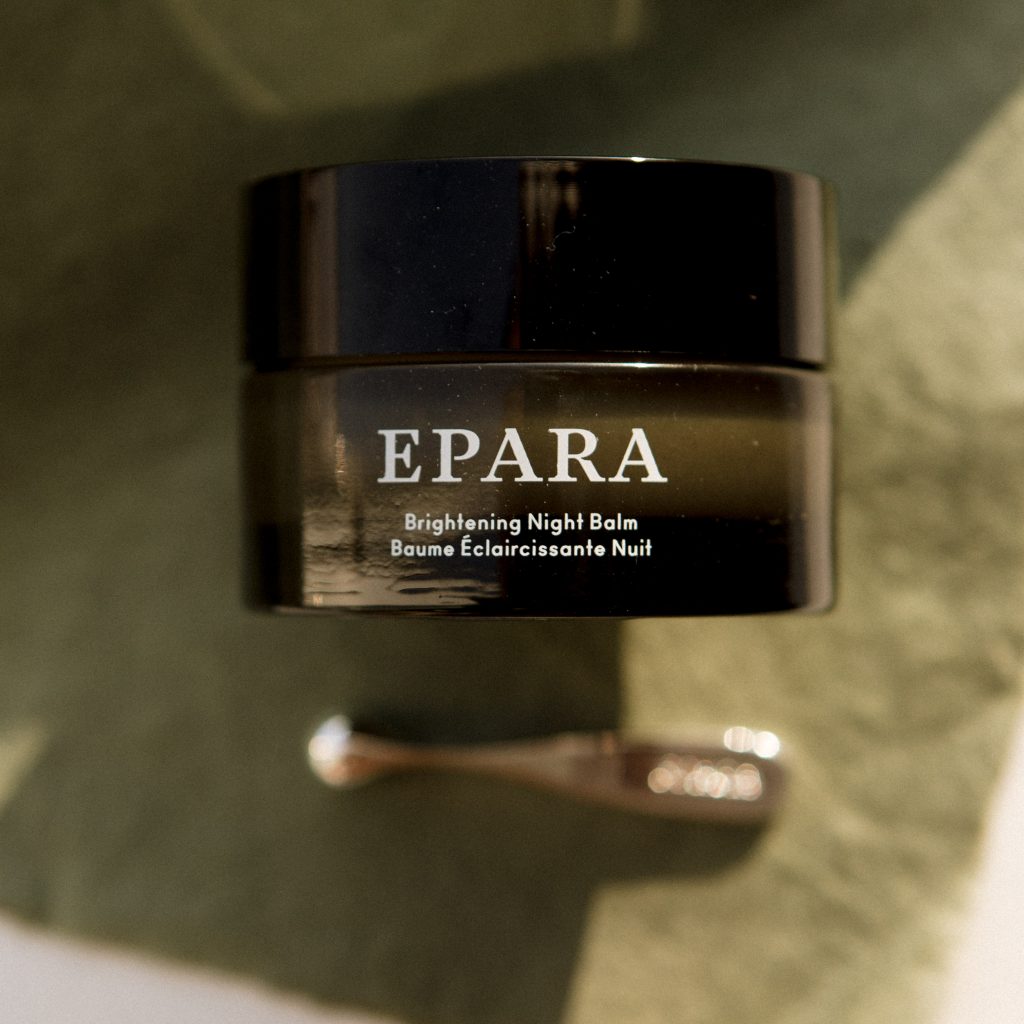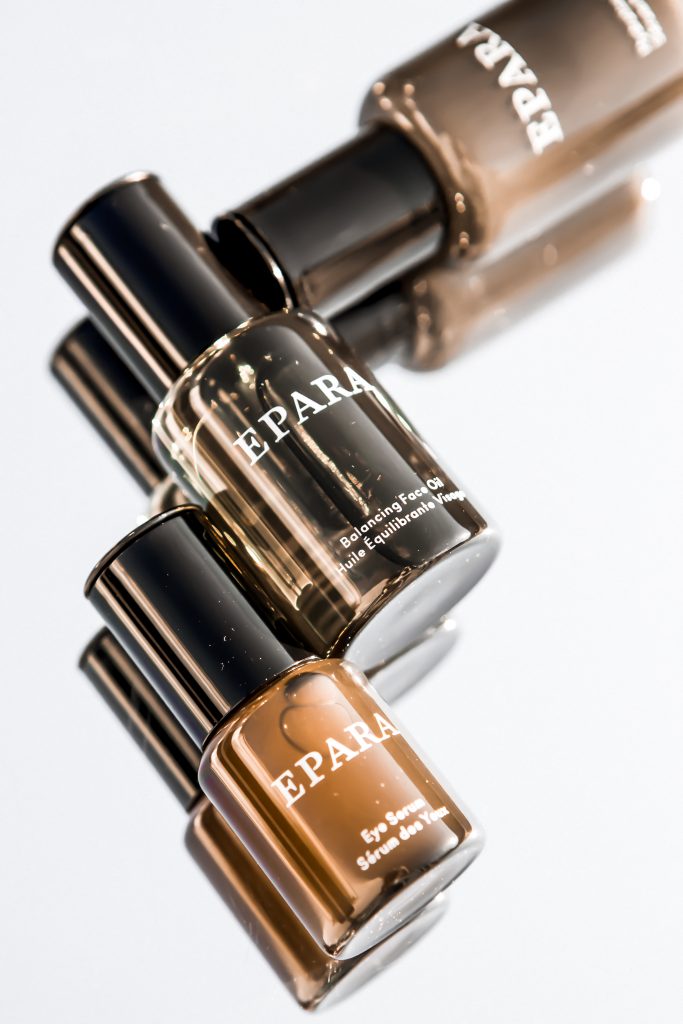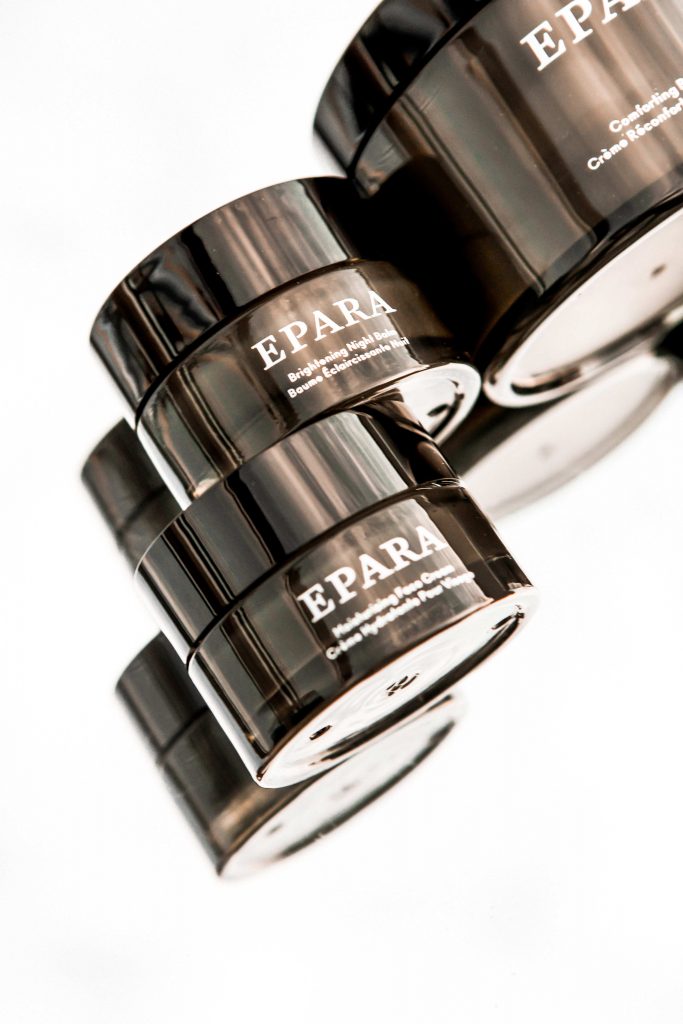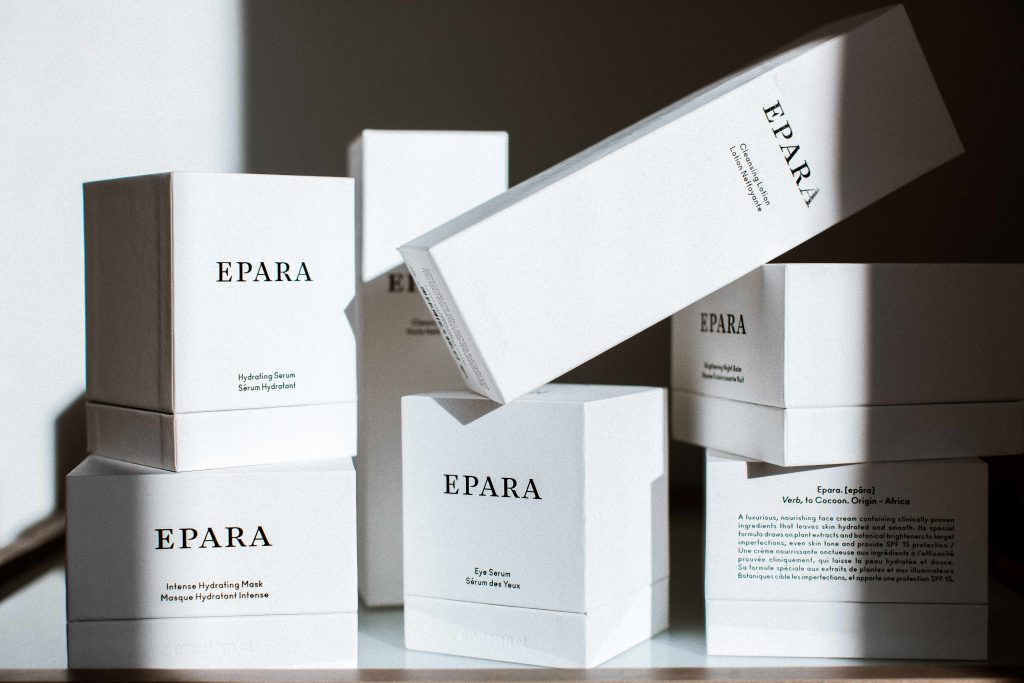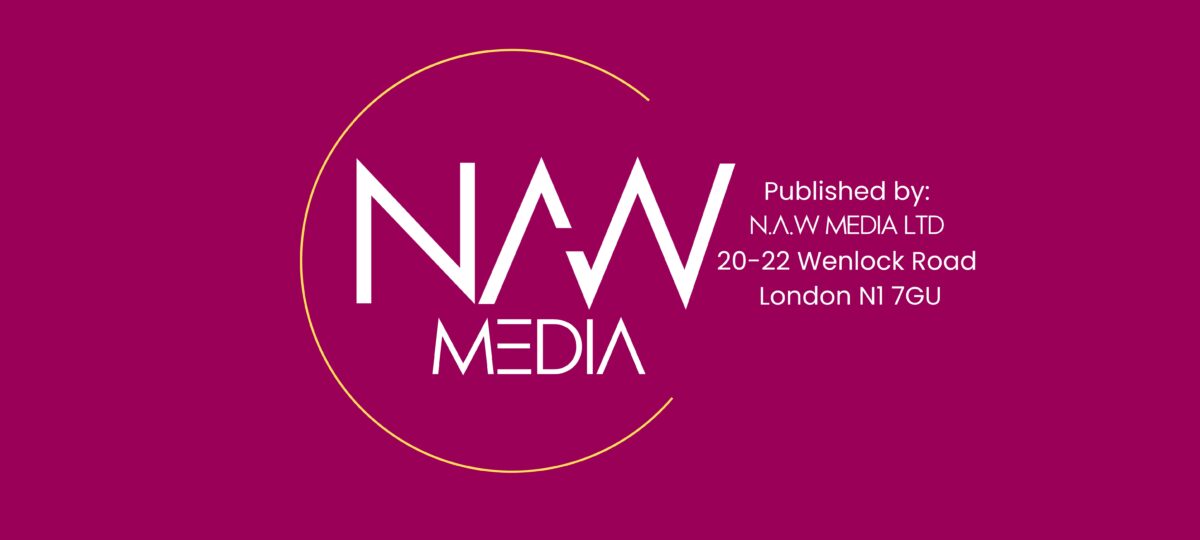Women in Business – Ozohu Adoh’s EPARA: Cacooned in Luxury

For several years, black skin has had little options when it came to shopping from the European markets. Brands did not create products for black skin. Now the trend has changed to adopting some of the African natural products such as Shea Butter and Argan oils: But the luxury brand gap in this market is still wide – and one that Ozohu Adoh is filling through EPARA – a rising luxury black skincare which is stocked in highend stores including London’s iconic Harrods. She spoke to us on breaking into the challenging industry. She was Interview by Maryanne Njeri Maina
The beauty market is proving to be attractive and this has led to new players in the global market such as beauty companies, retailers, start-ups and investment funds. Why did you decide to create a skincare product?
My aim was that anyone using the products should feel enveloped in luxury like a cocoon, I therefore chose a name; EPARA which means cocoon. The smell, the texture the presentation of the brand will cocoon the user in EPARA luxury. Having worked in the finance industry and now I am in skincare, both industries seek similarly to make a commercial offering to the market. The fundamentals of business apply in both cases. However, the intricacies of the industries couldn’t be more different due to the personal nature of the skincare business. The offering has to appeal to the buyer on both an intellectual and emotional level. Intellectual, because the products really need to be effective and emotional because the buyer needs to feel invested in the brand before they make a purchase.
Apart from ensuring the rigorous research to ensure the products were not only efficacious but efficacious for the needs of women of colour, getting the positioning right has taken some investment. In a crowded market, you have to present a unique and distinct proposition. And I will say we have been able to do so with EPARA.
How much time did it take you to research to locate the source of the ingredients such as Moringa oil from Kenya, Marula oil from South Africa, Argan oil from Morocco, Shea Butter from Ghana and other natural products. Why did you decide select these ingredients?
It took us almost three years from the concept to product. I started working on it in 2014 and we launched it in 2017. In these three years, two were spent on sourcing of ingredients.
We wanted to ensure that we were sourcing the very best and highest quality ingredients from these countries. We also wanted to understand their provenance as we hope to build a sustainable business by working where possible with makers and farmers where these ingredients are sourced. We chose the ingredients primarily because they were from Africa and we believe that nature has provided solutions in abundance for the skincare issues we face as women of colour. Our forebears had always used these ingredients but now we are able to deploy them in a scientific manner and present them to the world.
At the moment, the suppliers bring them to England where the formulation takes place. We do however know who the original makers and farmers are.
What inspired the look of the products and the packaging? What story do your products and the packaging tell?
We wanted to go for a clean and minimalist look and feel. We also wanted to project the natural bonafides of the ingredients with the primary packaging. Our ethos is to do the little we do as well as we can. We want to project to the user that without too much fuss, engage with our brand and products to see how amazing it is. We wanted to project something that would be aesthetically pleasing and evoke the thoughtful consideration that had gone into every facet of our product.
How long did it take to join Harrods and what were the requirements? What has been the impact in regards to widening your client base?
The process about 16 months and the requirements were that the proposition be compelling and commercial. The brand is becoming more known especially since we are now on Harrods.com as well as in store. Surprisingly, we have had quite a diverse client base inclusive of Asia.
Your current main retail spots are Harrods and Alara. Do you intend to open a boutique? Is your main strategy to work with concept and department stores?
Yes, for now, we believe it would be best to work with concept and department stores. We are also retailed in Brussels at a concept store named LabelChic. Launching the brand in the iconic stores, Harrods and Alara has been great. But some of the teething problems we had at the beginning a small business was challenging but also opportunities to learn.
We are also in SHA Wellness Clinic in Spain, in Kenya we are in Lintons and Designing Africa Collective and soon we will be in Madora, Maison Mara in South Africa and Barneys in the US. We hope to be in more markets like Uganda, Ghana, Senegal and France.
